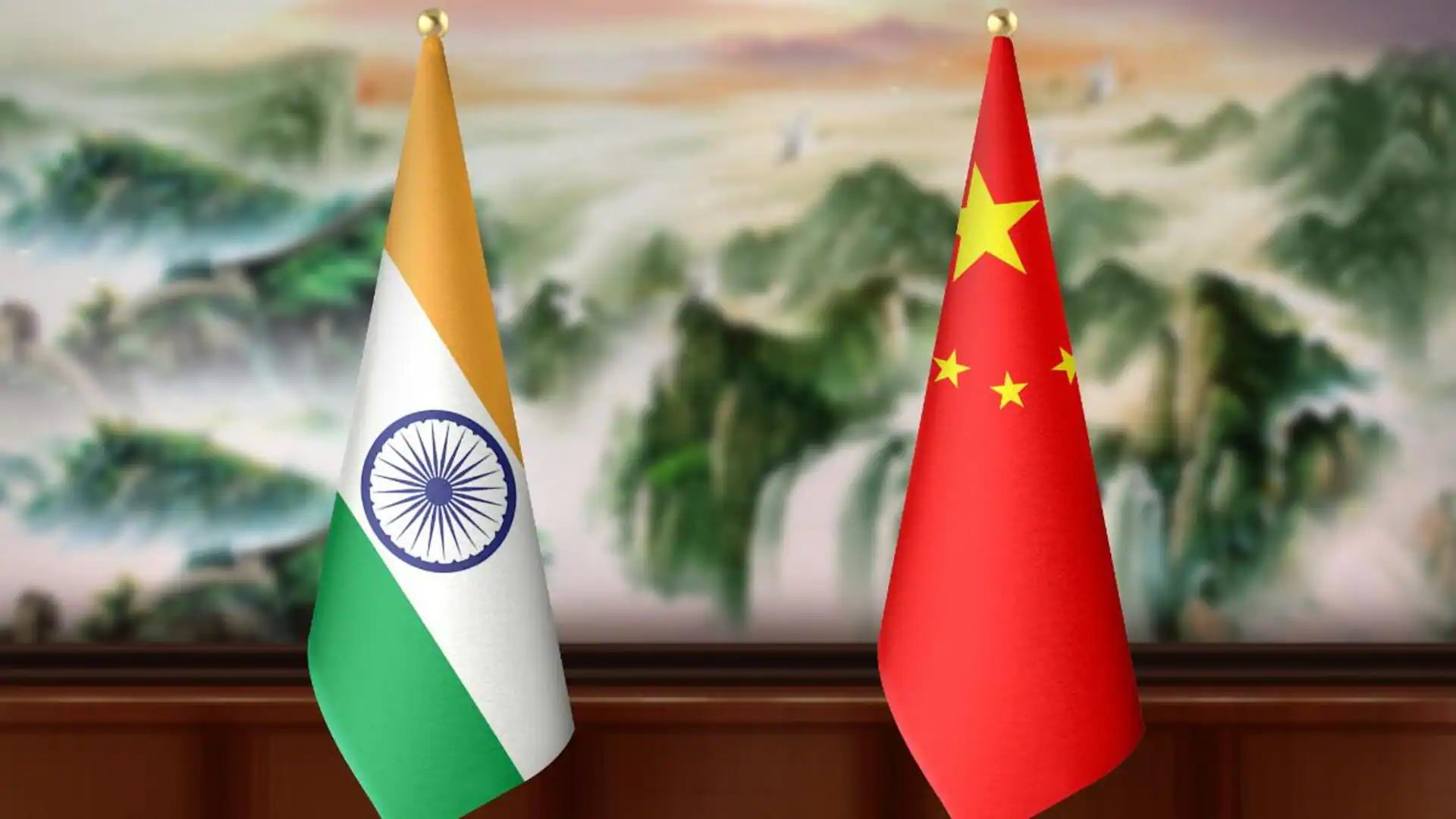By Dwaipayan Roy
Copyright newsbytesapp

India and China are now cautiously recalibrating their economic ties in 2025. Bilateral trade between the two countries has reached $127.7 billion in FY25, a fourfold increase over the last decade. This complex yet expanding economic interdependence is evident, as many large Indian companies continue to maintain partnerships with Chinese firms across various sectors such as electronics, machinery, and technology. Sun Pharmaceutical Industries, India’s largest drugmaker, has partnered with a subsidiary of China Medical System Holdings to commercialize its psoriasis drug Ilumya in Greater China. Tata Motors, the country’s biggest automobile company, has also formed licensing collaborations with Chinese partners in the Jaguar Land Rover segment. These partnerships are aimed at enhancing their product portfolios and expanding market reach. Cipla, a leading Indian pharmaceutical firm known for its respiratory and chronic disease drugs, has formed a joint venture with Kidd Pharma (a subsidiary of CSPC) in China. In September 2025, Cipla acquired its partner’s stake to take full control of the venture. Similarly, Dr Reddy’s Laboratories has partnered with Kunshan Rotam Reddy Pharmaceutical Co. to market and distribute medicines in China through their joint venture. Dixon Technologies, India’s largest electronics manufacturing services (EMS) firm, has formed several joint ventures with Chinese firms like Vivo, Longsher, HKC, and Q Tech. These partnerships are aimed at producing smartphones and camera modules. Meanwhile, Samvardhana Motherson International (SAMIL), a leading automotive components supplier in India has partnered with JMCG from China to expand manufacturing capabilities through their joint venture. Uno Minda, a supplier of automotive components such as lighting and switches, has partnered with China’s Shenyang Jiuan Auto Lamp to manufacture automotive lamps. Aurobindo Pharma, a global pharmaceutical company specializing in generics and active pharmaceutical ingredients (APIs), has also formed a joint venture with Luoxin Auroviris Pharm in China for commercializing medicines. These collaborations highlight the growing economic interdependence between India and China. Glenmark Pharma, a leading player in generics and specialty drugs, has partnered with China’s Harbour BioMed to collaborate in immunology and innovative therapies. Meanwhile, Ashok Leyland, one of India’s biggest commercial vehicle manufacturers, has entered into a technical partnership with CALB (China Aviation Lithium Battery Technology Co., Ltd.), a Chinese battery maker. The two companies will work together to develop advanced battery systems for buses and trucks.



